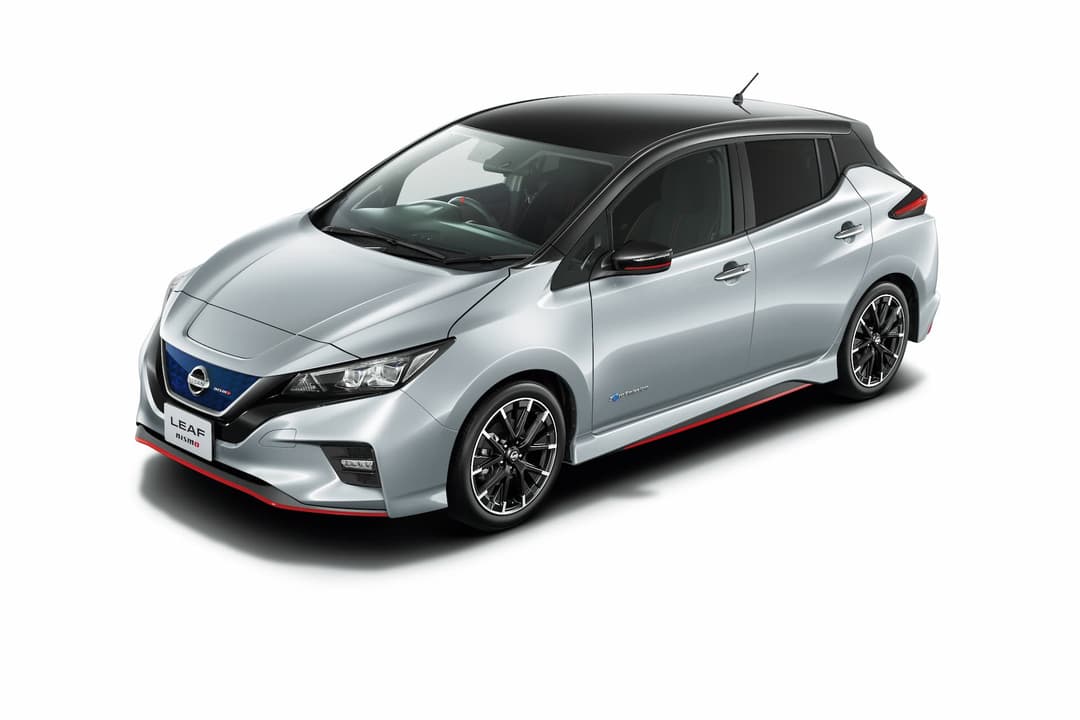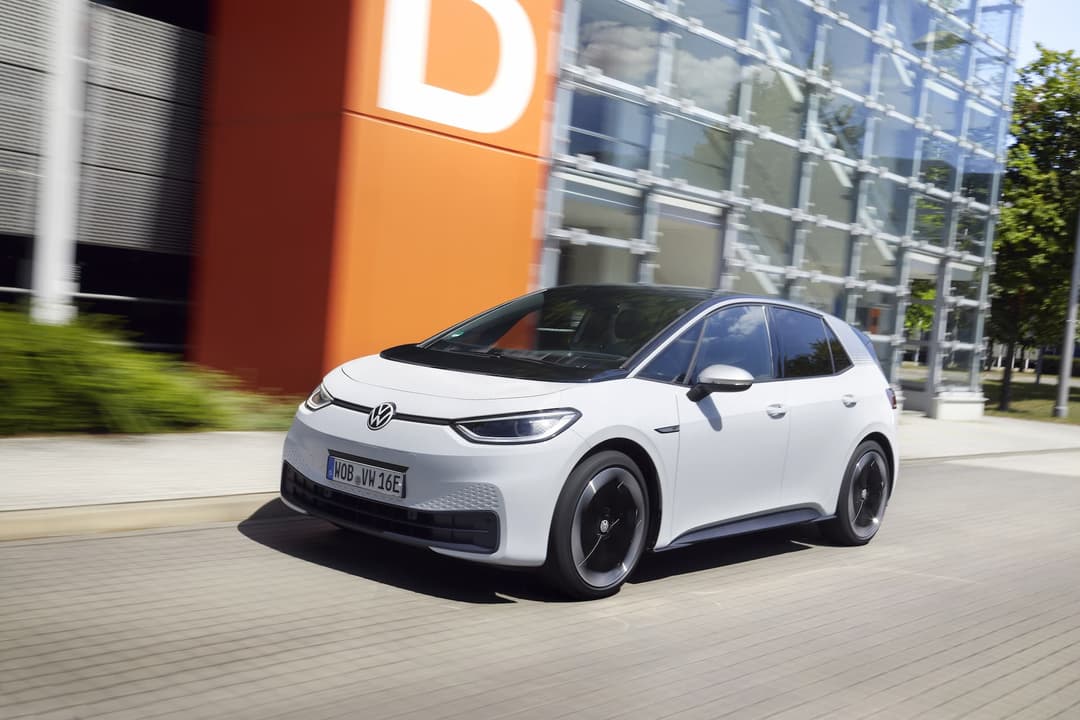
If you’re seeking a better value electric vehicle or simply want something different, then buying an imported EV might be for you.
Amid a semiconductor supply crisis for new vehicles and high used car prices, it's tough to switch to an ideal electric car model.
This is exacerbated by the absence of new EV models and little allocation of new stock from car brands due to Australia’s lack of (but growing) demand, nationwide incentives, and carbon reduction policies in the context of other continents like the EU, UK, and USA.
Here, we explain whether you should consider buying an imported EV, how to do so, and the potential pitfalls of owning one.
Why import an EV?

An imported EV is where the vehicle isn’t sold locally by the manufacturer, but instead is directly shipped from an overseas country without the permission of the local trademark or intellectual property owner. This is often known as ‘grey imports’, which also applies to imported tech gadgets or even grocery items.
Grey import EVs are often cheaper, better value and/or a unique model compared to locally available EVs.
This is because the particular overseas example is either already used and old (therefore depreciated in value), has a cheaper price tag when bought new due to the model being a lesser-equipped trim level than what is sold here (including currency exchange rates), and often acquired at an auction so prices are potentially lower.
For example, Nissan Australia only sells one highly-specified second-generation Leaf hatchback in two battery sizes. Yet, cheaper models are available in its home Japanese market that lack features like alloy wheels, leather seats and a Bose sound system.
This means importing one lesser used model is generally cheaper than buying one new from the local showroom – even after you pay international shipping and import fees.
As for all-new electric models that aren’t sold here at all, like the Honda e and Volkswagen ID.3, then grey imports are likely to be comparable or more expensive than if (hypothetically) it were sold by the carmakers locally due to the extra laundry list of checks and costs to import a vehicle to Australian shores.
However, not all EVs can be imported to Australia. The Federal Government has a Register of Approved Vehicles (RAV) that permits select eligible models to enter Down Under. Specifically, EVs are classified under the Specialist and Enthusiast Vehicle Scheme (SEVS) and must be right-hand drive.
According to the government’s road vehicle regulator ROVER and a number of specialist importers, these pure-electric models are currently offered in Australia:
- Opel/Vauxhall Mokka-e (2020 onwards, second-gen) – small SUV
- Honda e (2020 onwards, ZC7) – city hatch
- Volkswagen ID.3 (2019 onwards, first-gen) – small hatch
- Nissan Leaf (2017-2019, ZE1) – small hatch
- Nissan Leaf e+ (2019, ZE1) – small hatch
- Nissan Leaf (2013-2017 , AZE0) – small hatch
- Nissan e-NV200 (2014 onwards, first-gen) – light commercial/people mover van
- Mitsubishi Minicab MiEV (2012-2015, U67V/U68V) – light commercial/people mover van
- Peugeot e-Expert (2020 onwards, K0) – light commercial van
How to buy an imported EV?

The simplest way to buy a grey import EV is through specialist import retailers like the Good Car Company, Ion Dna, J-Spec Imports, OZM Auto Group, Kilowatt Cars and more across the country.
These companies offer a selection of stock available or can arrange a special order on request – both bought at vehicle auctions overseas – with one drive-away purchase price that accounts for all import taxes, customs tests, registration and other administrative fees.
Additionally, they also provide limited vehicle warranties, and sometimes a return policy and roadside assistance coverage.
Alternatively, you can import an EV yourself; however, this can be laborious and time-exhausting because you’ll need to do all the leg work – buying (yourself or through an agent), applications, shipping arrangements, customs clearances, registration, and more instead of a retailer. For further information, visit the government’s Department of Infrastructure, Transport, Regional Development and Communications website.
What to consider before owning an imported EV?

While the price tag and uniqueness of grey imported electric cars are tempting, it is important to consider the potential disadvantages of owning one.
Key considerations include:
- Buttons, switchgear and software (touchscreen and the driver’s instrument cluster) may not be in English – some models like the Nissan Leaf can partially convert language for the latter, but at an extra cost via providers like EVolution.
- Built-in navigation system won’t function since it is tied to the original region – you’ll need to rely on Apple CarPlay and Android Auto smartphone projection systems for mapping (if included in the model).
- Car manufacturer service centres refuse to work on grey imports – you’ll need to find an independent mechanic that can service your EV and be able to order replacement parts when needed (even though EVs generally require less maintenance).
- Recall campaigns overseas can’t be rectified by the manufacturer locally – the responsibility lies in the owner to correct any issues.
- Some insurers don’t offer comprehensive car insurance for grey imports – but some standard insurers do, requiring an extra fee, or from specialist insurers; premiums are generally more expensive because ordering parts from overseas is often more costly and takes longer to arrive.
- The service history of grey imports is almost impossible to find – you’ll need to enlist a pre-purchase vehicle inspection to ensure the EV is in good condition.
Imported EV FAQs
About the author
Stay up to date with the latest EV news
- Get the latest news and update
- New EV model releases
- Get money savings-deal

